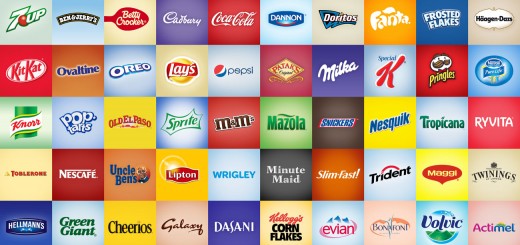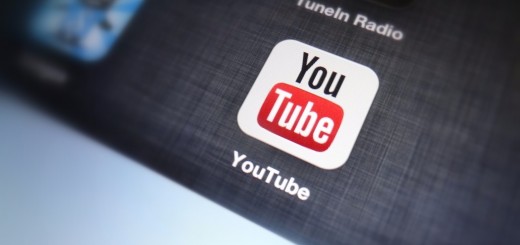Comparing the manifestos of prominent journalist-brands
The current trend of prominent journalists launching new ventures has come with a sub-trend of its own: the impulse to explain themselves. Hence the flowering of a whole new genre, the personal brand manifesto, each with its own flair and tone. We broke down several of the notable proclamations by word count and key features.
Felix Salmon, Fusion
Distinct manifesto feature
Selling readers on an unconventional business model.
The pitch
A TV channel for millennials.
Grandiose pronouncement
“Fusion’s digital presence is going to be at least as important as its TV programming. If not more important.”
False humility
“It’s early days yet, and there will be lots of stumbles along the way.”
On traditional media
“The cable TV companies are themselves petrified that a generation of cord-cutters is going to grow up on nothing but their phones and other devices, and that all their revenues will dwindle to nothing.”
Memorable quote
“The core of what I do at Fusion will be post-text. Text has had an amazing run, online, not least because it’s easy and cheap to produce.”
David Leonhardt, The Upshot
Distinctive manifesto feature
A friendly, conversational approach, with the authority of The New York Times.
The pitch
A new site to help people understand the news.
Grandiose pronouncement
“We want The Upshot to feel like a collaboration between journalists and readers.”
False humility
“We want to get story assignments from you.”
On traditional media
“We will build on the excellent journalism The New York Times is already producing.”
Memorable quote
“We’ll be conversational without being dumbed down.”
Nate Silver, 538
Distinctive manifesto feature
At a whopping 3,500 words, its length.
The pitch
A data journalism organization.
Grandiose pronouncement
“It’s time for us to start making the news a little nerdier.”
False humility
“We are going to screw some things up. We hope our mistakes will be honest ones.”
On traditional media
“Conventional news organizations on the whole are lacking in data journalism skills.”
Memorable quote
“Our logo depicts a fox (we call him Fox No. 92) as an allusion to a phrase originally attributed to the Greek poet Archilochus: ‘The fox knows many things, but the hedgehog knows one big thing.’”
Ezra Klein, Vox
Distinctive manifesto feature
Mimics Vox’s signature explainer cards.
The pitch
Explain everything behind the news.
Grandiose pronouncement
Coverage will include “politics, public policy, world affairs, pop culture, science, business, food, sports, and everything else that matters are part of our editorial ambit.”
False humility
“We’ll need to know from you what’s not working (so we can change those things) and what is working (so we can keep doing those). We really do intend to listen.”
On traditional media
“The media is excellent at reporting the news and pretty good at adding commentary atop the news. What’s lacking is an organization genuinely dedicated to explaining the news.”
Memorable quote
“Vegetables can be cooked poorly. But they can also be roasted to perfection with a drizzle of olive oil and hint of sea salt.”
Bill Simmons, Grantland
Distinctive manifesto feature
Recalls his time writing for Jimmy Kimmel in a rambling, 2,800-word narrative.
The pitch
Cover a blend of sports and pop culture.
Grandiose pronouncement
“Life will deliver a few moments when something substantial is about to happen, when you know it’s substantial, when you’ve done everything you could to prepare for the moment, but still, you just don’t know.”
False humility
“I would love to tell you that this website will work, that we’ll entertain you five days a week and blend sports and pop culture successfully. The truth is, I don’t know for sure.”
On traditional media
Grantland claims it won’t be chasing traffic like the other guys.
Memorable quote
“You could practically smell the stale champagne and DNA on the seat cushions.”
Andrew Sullivan, Daily Dish
Distinctive manifesto feature
It’s all about you, the audience, as Sullivan pitches an entirely reader-paid model.
The pitch
“A new media environment that is not solely about advertising or profit above everything, but that is dedicated first to content and quality.”
Grandiose pronouncement
“For the first time in human history, a writer – or group of writers and editors – can instantly reach readers – even hundreds of thousands of readers across the planet – with no intermediary at all.”
False humility
“We have no marketing, no ads, no corporation behind us now. We only have you.”
On traditional media
Advertising is “dominated online by huge entities,” and “online ads have created incentives for pageviews over quality content.”
Memorable quote
“We work our asses off. And my colleagues and I deserve to be paid for it.”
The post Comparing the manifestos of prominent journalist-brands appeared first on Digiday.



